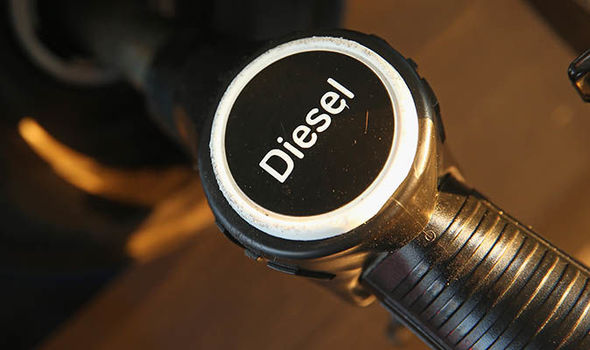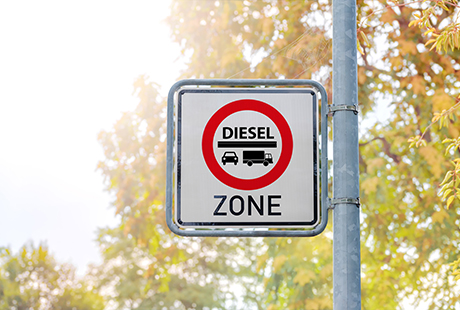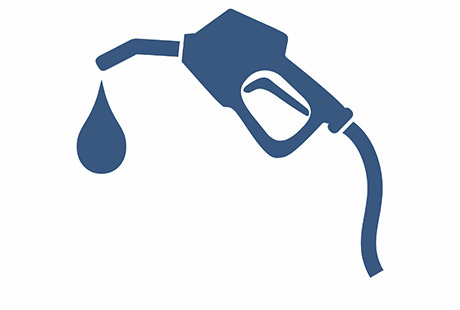Progress makes the impossible possible. This is exemplified by a petrol engine like no other before it: a petrol engine that offers diesel-like fuel economy but is significantly cheaper to buy. A petrol engine that during the journey occasionally simply switches off two of its four cylinders or even takes a complete break. A petrol engine that combines supreme torque with low emissions.
Volkswagen has developed such an engine: the new 1.5 TSI ACT BlueMotion. It has an output of 96 kW / 130 PS and is currently already powering the Golf1/2 and Golf Variant3/4. In the future, the efficient 1.5 TSI ACT BlueMotion will also be available for other Volkswagen models.
Greater efficiency. The combined fuel consumption of a Golf 1.5 TSI ACT BlueMotion is just 4.8 l/100 km. The NEDC extra-urban figure drops to 4.0 l/100 km/h (DSG: 4.1 l/100 km). Every driver can achieve low fuel consumption figures with this 1.5-litre engine, as it is 10 per cent more efficient than comparable petrol engines.
Active Cylinder Management – ACT. Whenever possible, Active Cylinder Management – called ACT for short – deactivates the two inner cylinders. It always does this at times when power demand is low.
‘Eco-coasting’. The 1.5 TSI ACT BlueMotion achieves an extra level of innovation when combined with the seven-speed DSG dual clutch gearbox. When so equipped, the drivetrain can be classified as a micro-hybrid system: as soon as the driver lets the Volkswagen ‘coast’, i.e. predictively releases the accelerator pedal for conditions ahead or is going down a slight slope, the engine management system switches off the TSI completely and decouples it from the drivetrain by disengaging the clutch.
Efficient TSI Miller cycle. In parallel with the cylinder deactivation and complete engine shut-off, a further feature of the 1.5 TSI ACT BlueMotion is the new TSI Miller cycle combustion process. This entails the use of optimized valvetrain control (early closure of inlet valves) – combined with higher compression and turbocharging. It innovatively controls combustion of the fuel and air mixture, which leads to an improvement in efficiency of up to 10 per cent.
Variable turbine geometry. As the inlet valves are open for shorter periods in the TSI Miller cycle, the cylinders must be filled with the cylinder charge at a boosted charge pressure. To do this Volkswagen utilises a turbocharger with variable turbine geometry (VTG). Thanks to VTG it is possible to adjust increases in turbine output.
A TSI with a great future. Within the foreseeable future, Volkswagen will be launching further derivatives of the 1.5 TSI ACT BlueMotion in global markets. Fewer cylinders, smaller engine displacements and significantly greater power are all equally conceivable.
See full story here.









